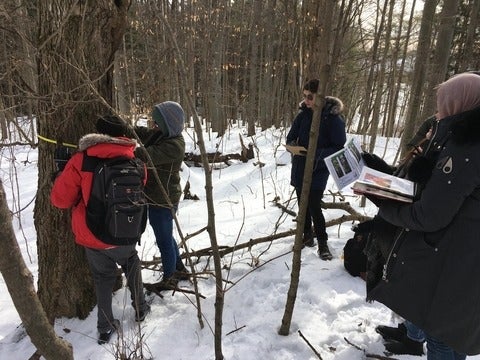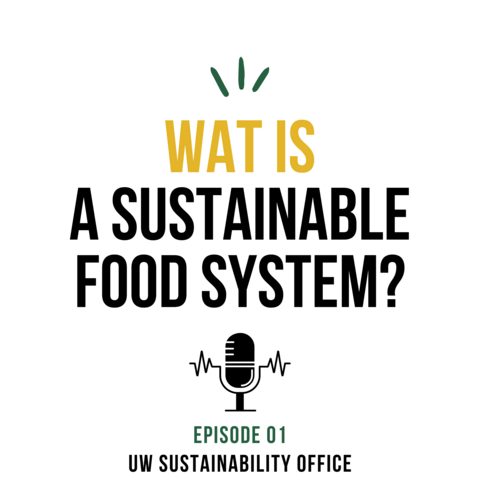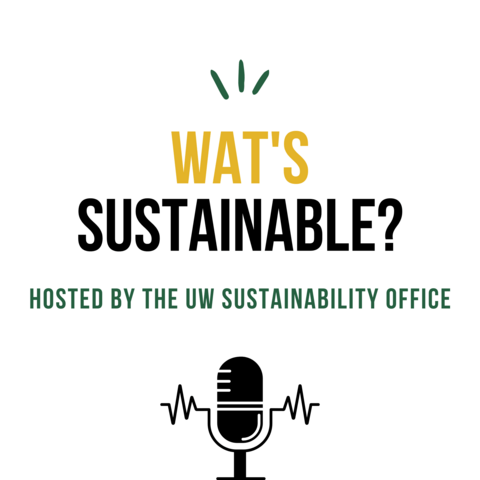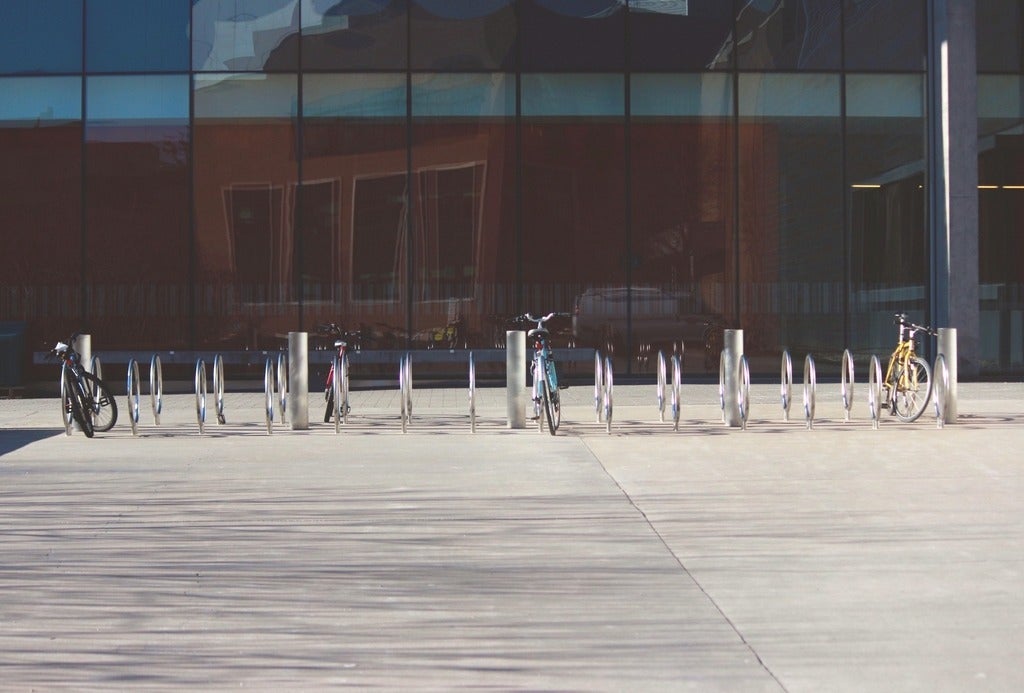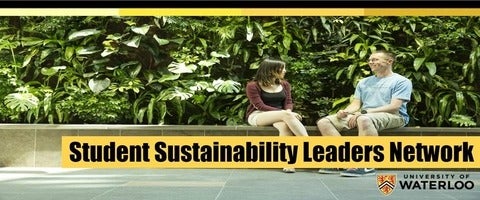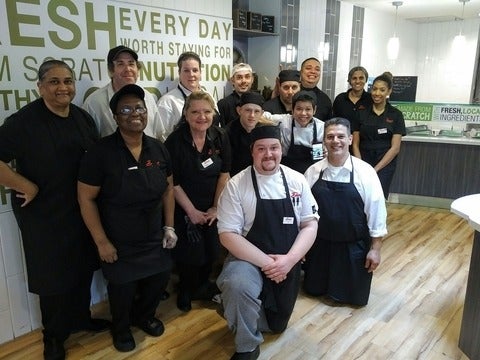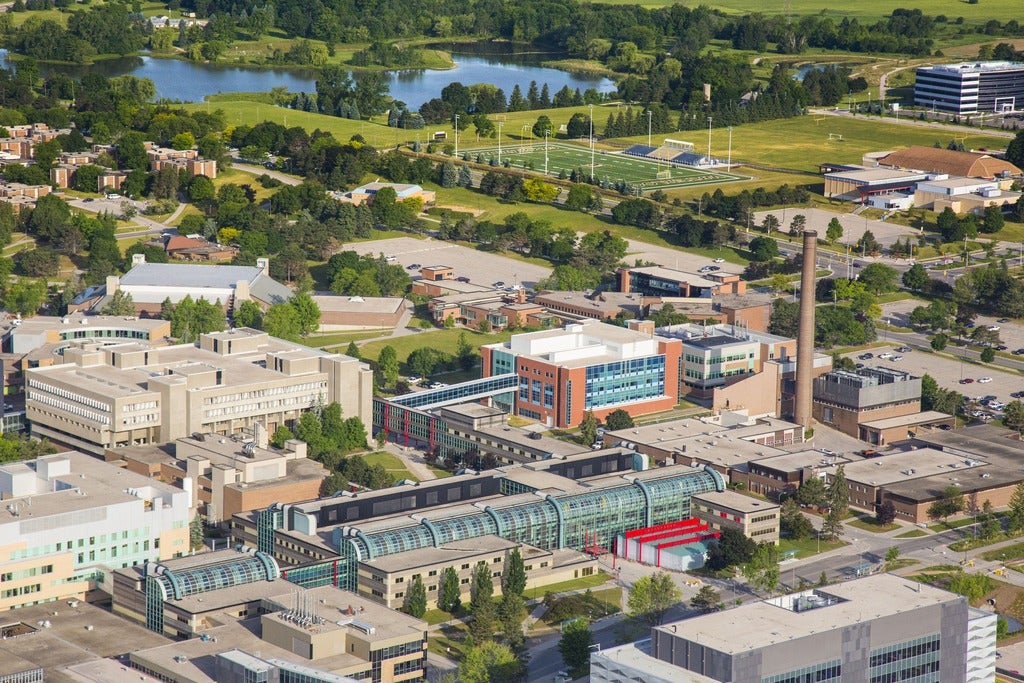Sustainability Theme of the Month: April is for Supporting Biodiversity
During the month of April, the Sustainability Office will be focusing on the importance of biodiversity for the wellbeing of the planet and humanity. This blog post covers all things biodiversity – what biodiversity means, its role in maintaining our health and wellbeing, why biodiversity loss is a major issue, what is being done on campus and in the community, and what YOU can do to promote biodiversity.
